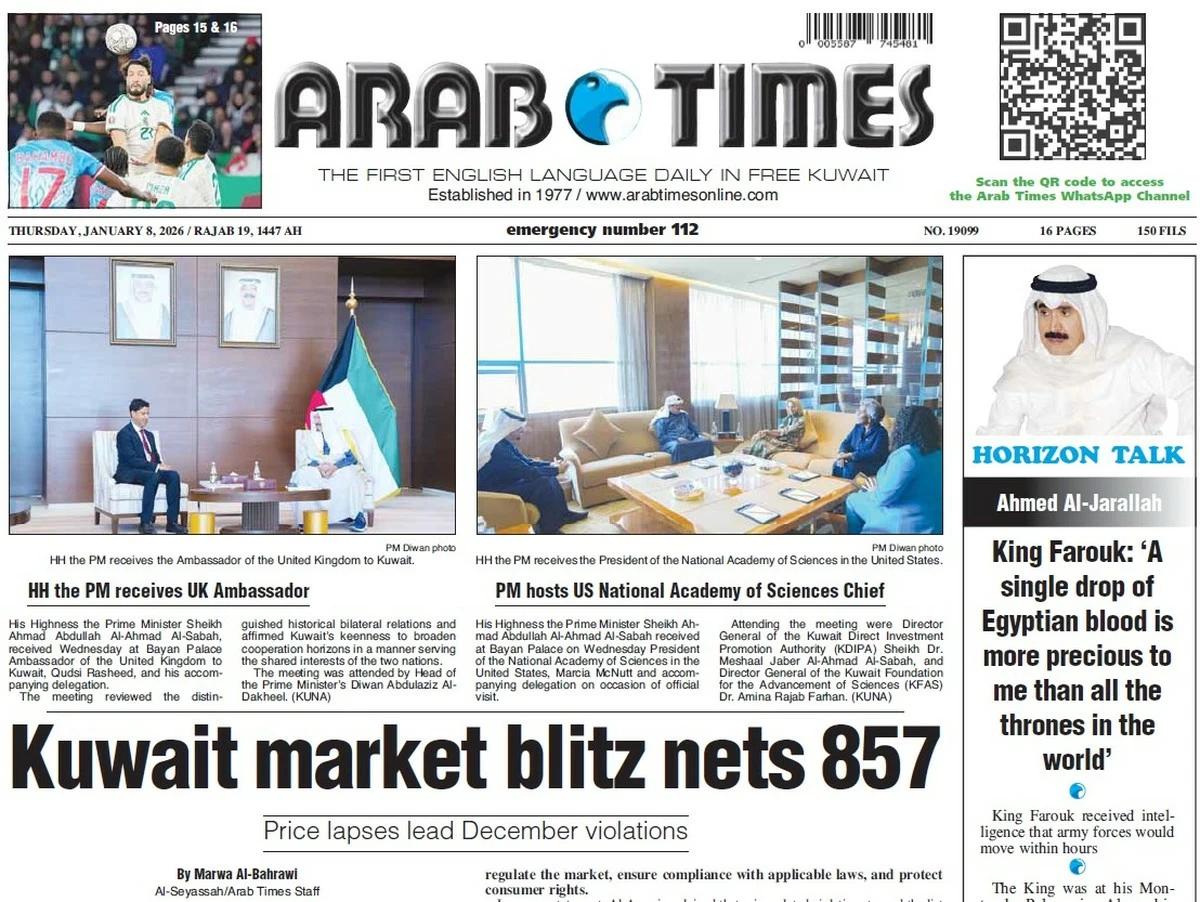20/10/2024
20/10/2024

MOSCOW, Oct 20: Russian exporters will now directly supply grain to 13 countries, bypassing foreign intermediaries, according to the Russian Grain Union's statement to Interfax on October 18. This move follows an October 11 meeting where a recommendation was made for exporters to limit sales to these countries and avoid selling to foreign tender winners. The strategy aims to prevent low-priced sales and stop intermediaries from reselling Russian grain.
Starting October 11, shipments will be sent directly to government agencies and sovereign buyers in Egypt, Tunisia, Algeria, Morocco, Jordan, Saudi Arabia, Bangladesh, Qatar, Kuwait, South Korea, Pakistan, India, and Iraq, as confirmed by the union's CEO, Eduard Zernin. Traders noted that the Russian grain market is becoming more regulated, with state agencies emerging as some of the largest wheat buyers globally. Egypt, for instance, has already imported 2.9 million metric tons of wheat in the 2024-25 season (July-September), with its General Authority for Supply Commodities (GASC) accounting for 60% of total wheat imports in the previous season.
One buyer of Russian wheat remarked that the market will need to reassess its approach, as Russian exporters will now manage the export surplus themselves. Another buyer noted that this change could negatively impact some market players, while a third trader highlighted that only a few companies will have the capacity to adjust to the new structure and infrastructure required for direct sales.
The Russian Ministry of Agriculture has supported the union's proposal, ensuring that Russian grain will only be supplied to consumers by Russian exporters. The union emphasized on October 11 that the practice of selling grain at low prices, driven by aggressive new exporters, needs to be eliminated. This shift comes as Russian wheat remains the cheapest in the Black Sea region.
Following the exit of multinational companies from the Russian grains market in July 2023, grain exports have become concentrated among a few exporters. Despite these changes, some traders continue to buy Russian grain on a free-on-board (FOB) basis for resale on the international market.
On October 15, the Russian Grain Union published indicative export prices for Russian wheat for October, November, and December. Wheat with 12.5% protein content was priced at $240 per metric ton for October shipments, $245 per metric ton for November, and $250 per metric ton for December.
According to Platts, part of S&P Global Commodity Insights, the price of 12.5% protein Russian wheat for November shipment was assessed at $237 per metric ton on October 18, a 1.28% increase over the week and the highest price in three months.
There have been reports of an unofficial minimum price floor for wheat exports set at $250 per metric ton in tenders. This is not the first time such a price floor has been suggested, as the market first became aware of a price floor in March 2023 at $275 FOB per metric ton, although this has fluctuated over time. For instance, in Egypt's GASC tenders, all Russian wheat cargoes were priced at this floor.
Traders have noted that selling below this price could cause complications with phytosanitary certificates. However, many sellers have managed to circumvent these restrictions by selling on a cost, insurance, and freight (CIF) basis, and similar methods are expected to be used again.


